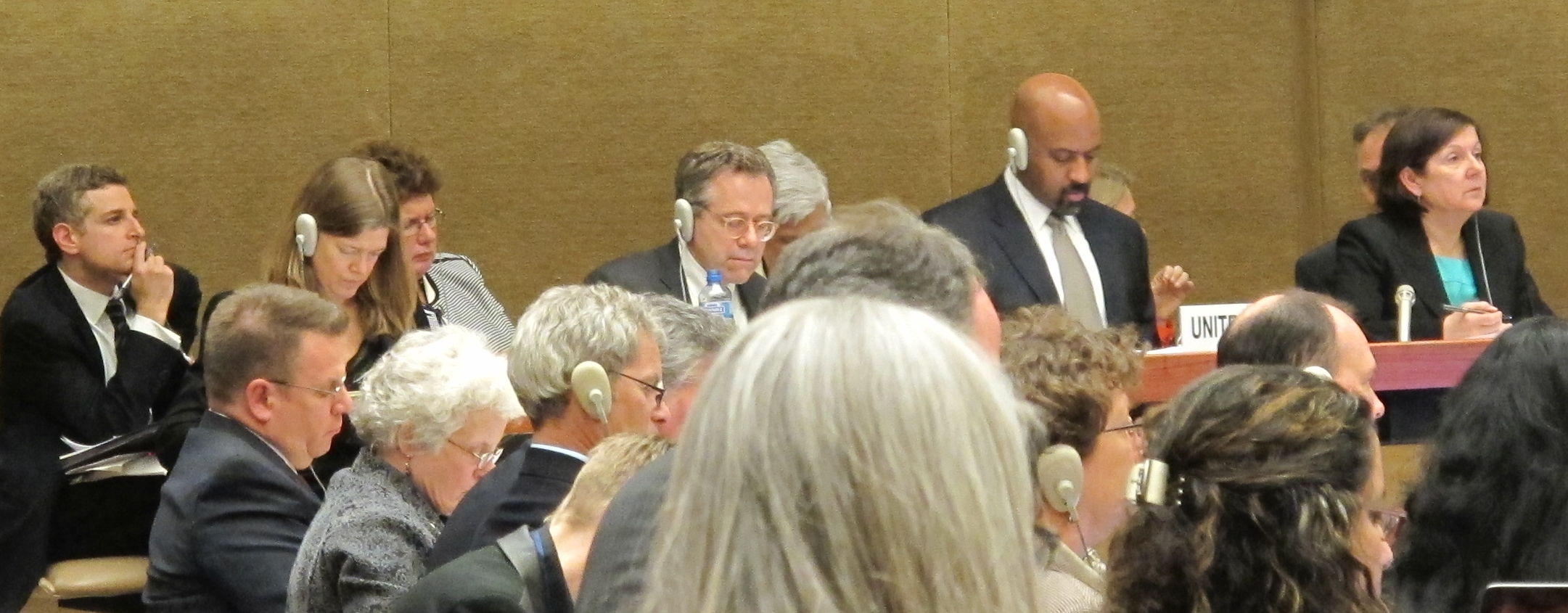UN Human Rights Committee calls on US to effectuate the ICCPR
Following two days of face-to-face public questioning (Day 1, Day 2) of a US government delegation earlier this month, the UN Human Rights Committee (UNHRC) has published its concluding observations on US implementation of the International Covenant on Civil and Political Rights (ICCPR).
The UNHRC’s concluding observations include a strong endorsement of our call for Congress to enact legislation to “effectuate” the ICCPR by making the treaty enforceable by US courts, particularly where violations of the ICCPR do not constitute violations of any other US law. As one of its key recommendations, the UNHRC says that:
The State party [i.e. the US] should … Taking into account its declaration that provisions of the Covenant are non-self-executing, ensure that effective remedies are available for violations of the Covenant, including those that do not, at the same time, constitute violations of U.S. domestic law, and undertake a review of such areas with a view to proposing to the Congress implementing legislation to fill any legislative gaps.
At the end of a press conference announcing the UNHRC’s concluding observations concerning the US, UNHRC Chairperson Nigel Rodley had this to say about the need for judicial enforcement and accountability for human rights violations:
Of course they [the US government’s representatives] stressed the improvements they’ve made, so that people wouldn’t be doing the same things in the future. But absolutely not — there was no suggestion that any of those responsible for any of the past criminal violations of our Covenant [i.e. the ICCPR] would be brought to justice or that its victims would have access to their day in court.
The UNHRC’s concluding observations recommend that, “The responsibility of those who provided legal pretexts for manifestly illegal behavior should also be established.”
We won’t hold our breath for Congress to act, but we hope that this recommendation from the only independent body officially empowered to review the state of human rights treaty compliance by the US will prompt members of Congress to consider sponsoring legislation to create a cause of action for violations of the ICCPR and give US courts jurisdiction to hear such complaints.
The UNHRC also criticized US mass surveillance, but mentioned only communication surveillance and metadata and not the closely related issue of NSA and DHS mass surveillance of travel metadata.
